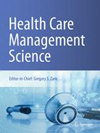Health Care Management ScienceSCIESSCI
國際簡稱:HEALTH CARE MANAG SC 參考譯名:健康保健管理科學
- 基本信息:
- ISSN:1386-9620
- E-ISSN:1572-9389
- 是否OA:未開放
- 是否預警:否
- TOP期刊:否
- 出版信息:
- 出版地區:UNITED STATES
- 出版商:Springer Nature
- 出版語言:English
- 出版周期:4 issues per year
- 出版年份:1998
- 研究方向:HEALTH POLICY & SERVICES
- 評價信息:
- 影響因子:2.3
- CiteScore指數:7.2
- SJR指數:0.958
- SNIP指數:1.293
- 發文數據:
- Gold OA文章占比:31.75%
- 研究類文章占比:100.00%
- 年發文量:35
- 自引率:0.0555...
- 開源占比:0.1972
- 出版撤稿占比:0
- 出版國人文章占比:0.06
- OA被引用占比:0.0517...
英文簡介Health Care Management Science期刊介紹
Health Care Management Science publishes papers dealing with health care delivery, health care management, and health care policy. Papers should have a decision focus and make use of quantitative methods including management science, operations research, analytics, machine learning, and other emerging areas. Articles must clearly articulate the relevance and the realized or potential impact of the work. Applied research will be considered and is of particular interest if there is evidence that it was implemented or informed a decision-making process. Papers describing routine applications of known methods are discouraged.
Authors are encouraged to disclose all data and analyses thereof, and to provide computational code when appropriate.
Editorial statements for the individual departments are provided below.
Health Care Analytics
Departmental Editors:
Margrét Bjarnadóttir, University of Maryland
Nan Kong, Purdue University
With the explosion in computing power and available data, we have seen fast changes in the analytics applied in the healthcare space. The Health Care Analytics department welcomes papers applying a broad range of analytical approaches, including those rooted in machine learning, survival analysis, and complex event analysis, that allow healthcare professionals to find opportunities for improvement in health system management, patient engagement, spending, and diagnosis. We especially encourage papers that combine predictive and prescriptive analytics to improve decision making and health care outcomes.
The contribution of papers can be across multiple dimensions including new methodology, novel modeling techniques and health care through real-world cohort studies. Papers that are methodologically focused need in addition to show practical relevance. Similarly papers that are application focused should clearly demonstrate improvements over the status quo and available approaches by applying rigorous analytics.
Health Care Operations Management
Departmental Editors:
Nilay Tanik Argon, University of North Carolina at Chapel Hill
Bob Batt, University of Wisconsin
The department invites high-quality papers on the design, control, and analysis of operations at healthcare systems. We seek papers on classical operations management issues (such as scheduling, routing, queuing, transportation, patient flow, and quality) as well as non-traditional problems driven by everchanging healthcare practice. Empirical, experimental, and analytical (model based) methodologies are all welcome. Papers may draw theory from across disciplines, and should provide insight into improving operations from the perspective of patients, service providers, organizations (municipal/government/industry), and/or society.
Health Care Management Science Practice
Departmental Editor:
Vikram Tiwari, Vanderbilt University Medical Center
The department seeks research from academicians and practitioners that highlights Management Science based solutions directly relevant to the practice of healthcare. Relevance is judged by the impact on practice, as well as the degree to which researchers engaged with practitioners in understanding the problem context and in developing the solution. Validity, that is, the extent to which the results presented do or would apply in practice is a key evaluation criterion. In addition to meeting the journal’s standards of originality and substantial contribution to knowledge creation, research that can be replicated in other organizations is encouraged. Papers describing unsuccessful applied research projects may be considered if there are generalizable learning points addressing why the project was unsuccessful.
Health Care Productivity Analysis
Departmental Editor:
Jonas Schrey?gg, University of Hamburg
The department invites papers with rigorous methods and significant impact for policy and practice. Papers typically apply theory and techniques to measuring productivity in health care organizations and systems. The journal welcomes state-of-the-art parametric as well as non-parametric techniques such as data envelopment analysis, stochastic frontier analysis or partial frontier analysis. The contribution of papers can be manifold including new methodology, novel combination of existing methods or application of existing methods to new contexts. Empirical papers should produce results generalizable beyond a selected set of health care organizations. All papers should include a section on implications for management or policy to enhance productivity.
Public Health Policy and Medical Decision Making
Departmental Editors:
Ebru Bish, University of Alabama
Julie L. Higle, University of Southern California
The department invites high quality papers that use data-driven methods to address important problems that arise in public health policy and medical decision-making domains. We welcome submissions that develop and apply mathematical and computational models in support of data-driven and model-based analyses for these problems.
The Public Health Policy and Medical Decision-Making Department is particularly interested in papers that:
Study high-impact problems involving health policy, treatment planning and design, and clinical applications;
Develop original data-driven models, including those that integrate disease modeling with screening and/or treatment guidelines;
Use model-based analyses as decision making-tools to identify optimal solutions, insights, recommendations.
Articles must clearly articulate the relevance of the work to decision and/or policy makers and the potential impact on patients and/or society. Papers will include articulated contributions within the methodological domain, which may include modeling, analytical, or computational methodologies.
Emerging Topics
Departmental Editor:
Alec Morton, University of Strathclyde
Emerging Topics will handle papers which use innovative quantitative methods to shed light on frontier issues in healthcare management and policy. Such papers may deal with analytic challenges arising from novel health technologies or new organizational forms. Papers falling under this department may also deal with the analysis of new forms of data which are increasingly captured as health systems become more and more digitized.
期刊簡介Health Care Management Science期刊介紹
《Health Care Management Science》自1998出版以來,是一本醫學優秀雜志。致力于發表原創科學研究結果,并為醫學各個領域的原創研究提供一個展示平臺,以促進醫學領域的的進步。該刊鼓勵先進的、清晰的闡述,從廣泛的視角提供當前感興趣的研究主題的新見解,或審查多年來某個重要領域的所有重要發展。該期刊特色在于及時報道醫學領域的最新進展和新發現新突破等。該刊近一年未被列入預警期刊名單,目前已被權威數據庫SCIE、SSCI收錄,得到了廣泛的認可。
該期刊投稿重要關注點:
Cite Score數據(2024年最新版)Health Care Management Science Cite Score數據
- CiteScore:7.2
- SJR:0.958
- SNIP:1.293
| 學科類別 | 分區 | 排名 | 百分位 |
| 大類:Health Professions 小類:General Health Professions | Q1 | 3 / 21 |
88% |
| 大類:Health Professions 小類:Medicine (miscellaneous) | Q1 | 61 / 398 |
84% |
CiteScore 是由Elsevier(愛思唯爾)推出的另一種評價期刊影響力的文獻計量指標。反映出一家期刊近期發表論文的年篇均引用次數。CiteScore以Scopus數據庫中收集的引文為基礎,針對的是前四年發表的論文的引文。CiteScore的意義在于,它可以為學術界提供一種新的、更全面、更客觀地評價期刊影響力的方法,而不僅僅是通過影響因子(IF)這一單一指標來評價。
中科院SCI分區Health Care Management Science 中科院分區
| 大類學科 | 分區 | 小類學科 | 分區 |
| 醫學 | 3區 | HEALTH POLICY & SERVICES 衛生政策與服務 | 3區 |
中科院分區表 是以客觀數據為基礎,運用科學計量學方法對國際、國內學術期刊依據影響力進行等級劃分的期刊評價標準。它為我國科研、教育機構的管理人員、科研工作者提供了一份評價國際學術期刊影響力的參考數據,得到了全國各地高校、科研機構的廣泛認可。
中科院分區表 將所有期刊按照一定指標劃分為1區、2區、3區、4區四個層次,類似于“優、良、及格”等。最開始,這個分區只是為了方便圖書管理及圖書情報領域的研究和期刊評估。之后中科院分區逐步發展成為了一種評價學術期刊質量的重要工具。
JCR分區Health Care Management Science JCR分區
| 按JIF指標學科分區 | 收錄子集 | 分區 | 排名 | 百分位 |
| 學科:HEALTH POLICY & SERVICES | SSCI | Q2 | 52 / 118 |
56.4% |
| 按JCI指標學科分區 | 收錄子集 | 分區 | 排名 | 百分位 |
| 學科:HEALTH POLICY & SERVICES | SSCI | Q1 | 25 / 119 |
79.41% |
JCR分區的優勢在于它可以幫助讀者對學術文獻質量進行評估。不同學科的文章引用量可能存在較大的差異,此時單獨依靠影響因子(IF)評價期刊的質量可能是存在一定問題的。因此,JCR將期刊按照學科門類和影響因子分為不同的分區,這樣讀者可以根據自己的研究領域和需求選擇合適的期刊。
發文數據
- 國家/地區數量
- USA55
- Canada17
- GERMANY (FED REP GER)14
- CHINA MAINLAND10
- England9
- Italy7
- Taiwan6
- Turkey6
- Spain4
- Australia3
投稿常見問題
-
請問這本期刊屬于什么級別呢?可用于職稱評定嗎?
一般刊物只分省級、部級、核心,期刊本身是沒有幾類劃分的,具體是幾類或者幾級,您可以對照單位的分類文件確認一下。Health Care Management Science雜志是由Springer Nature出版的一本SCIE、SSCI,可用于職稱評定。
-
你們能夠提供哪些核心期刊的咨詢服務?
大多數核心期刊我們都是可以提供咨詢服務的。目前核心期刊主要分為以下幾類:1.國內核心:按照權威度排序,社科類:南大核心>南大擴展>北大核心>科技核心 按照權威度排序。工科類:CSCD C庫>CSCD E庫(相當于CSCD擴展)>北大核心>科技核心。2.國外核心(全英文):按照權威度排序為:SSCI=SCI>EI>ISTP=CPCI。
-
想快速發表,可以加急嗎?
為了確保您的職稱評定順利進行,我們建議提前半年到一年開始準備,這樣能夠保證有充足的時間來處理所有相關事宜。如果客戶需要加急服務,我們會與雜志社進行溝通,以確定是否可以提供加急服務。請注意,如果確認可以加急,可能會收取一定的加急費用。
-
你們提供的服務可以確保稿件被發表嗎?
期刊編輯會綜合考慮多個因素,如發表范圍、學術價值和原創性等,對稿件進行綜合評估。盡管任何機構均無法保證每篇稿件都會被發表,但我們可以用專業知識和豐富經驗,協助您理解并遵循期刊的發表要求,從而提高您的稿件被發表的機率。
-
請問期刊發表的費用如何?
期刊發表的費用因期刊不同而異。根據您的需求,我們會為您推薦性價比最高的期刊,并提供專業的期刊供您選擇。一般來說,只要符合職稱要求,大多數作者都會選擇性價比最高的期刊作為意向期刊進行重點咨詢。我們會為您提供詳細的期刊信息和費用說明,以確保您能夠做出明智的選擇。
-
如果稿件被拒,未能成功發表,費用是否可以退還?
一般來說,我們推薦的期刊和您的專業方向、文章情況都是匹配的,極少出現稿件被拒的情況。如果稿件被拒,期刊編輯會提供詳細的拒稿信和建議,以幫助您了解拒稿原因并改進您的稿件。關于退款政策,具體情況可能因期刊不同而異,請您咨詢我們的工作人員以獲取詳細信息。
相關期刊推薦
-
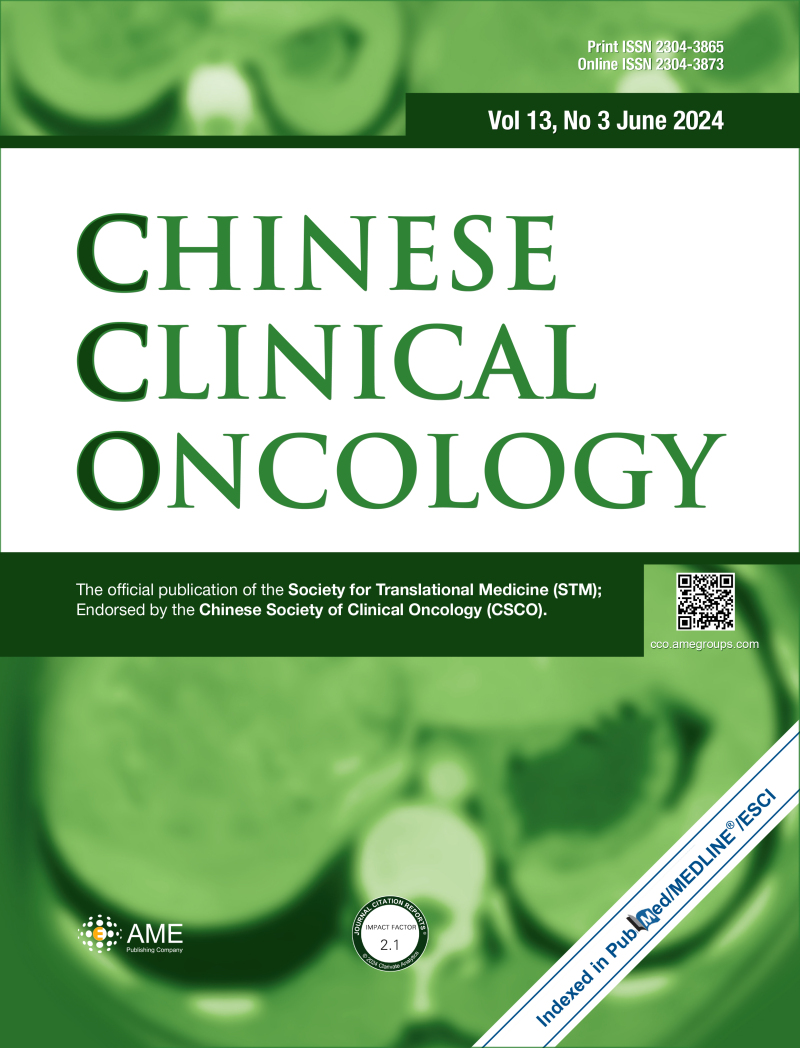
Chinese Clinical Oncology
中科院 4區 JCR Q3
大類:醫學
-
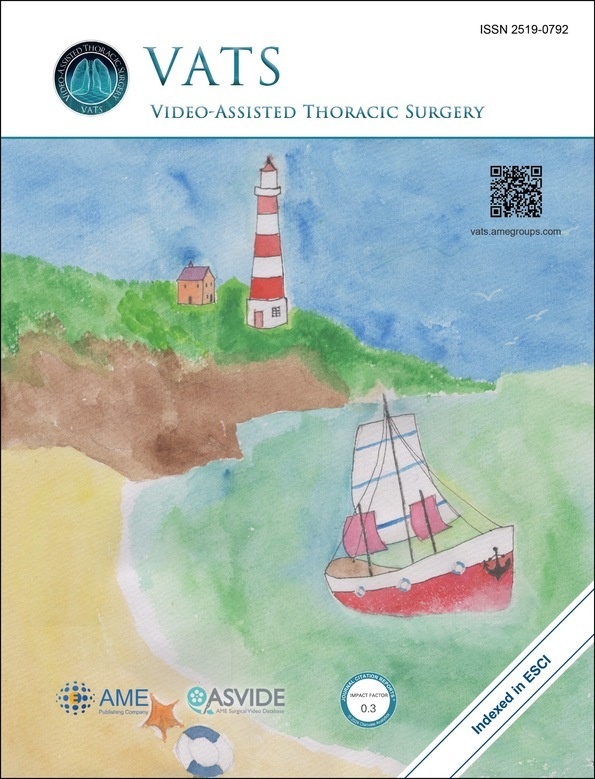
Video-assisted Thoracic Surgery
中科院 4區 JCR Q4
大類:醫學
-
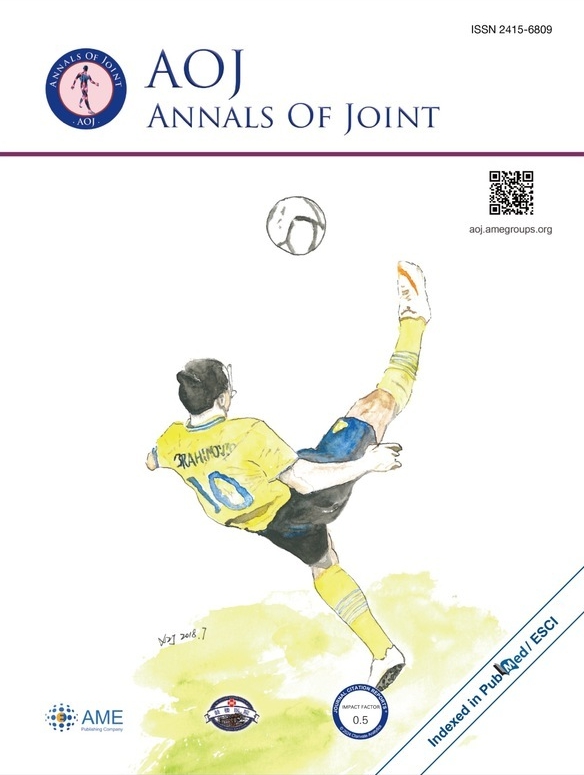
Annals Of Joint
中科院 4區 JCR Q4
大類:醫學
-
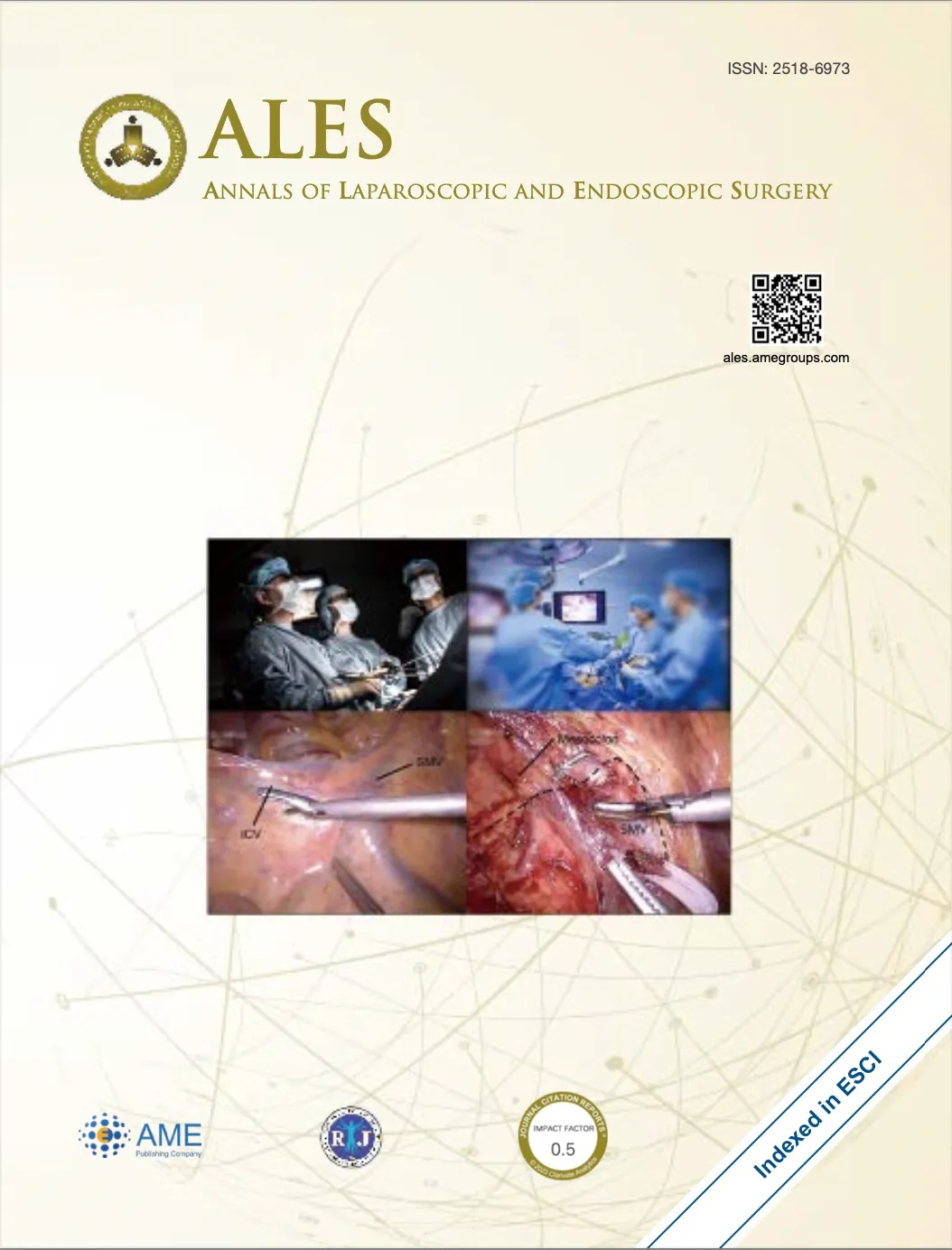
Annals Of Laparoscopic And Endoscopic Surgery
中科院 4區 JCR Q4
大類:醫學
-

International Journal Of Clinical And Experimental Medicine
中科院 4區 JCR Q4
大類:醫學
-
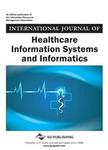
International Journal Of Healthcare Information Systems And Informatics
中科院 4區 JCR Q4
大類:醫學
熱門期刊推薦
-
World Journal Of Surgical Oncology
中科院 3區 JCR Q1
-
European Journal Of Cancer Prevention
中科院 4區 JCR Q3
-
Discover Oncology
中科院 4區 JCR Q2
-
Journal Of The American Academy Of Audiology
中科院 4區 JCR Q3
-
Naunyn-schmiedebergs Archives Of Pharmacology
中科院 4區 JCR Q2
-
Perspectives In Public Health
中科院 4區 JCR Q1
-
Bmc Complementary Medicine And Therapies
中科院 2區 JCR Q1
-
Acta Neuropathologica
中科院 1區 JCR Q1
